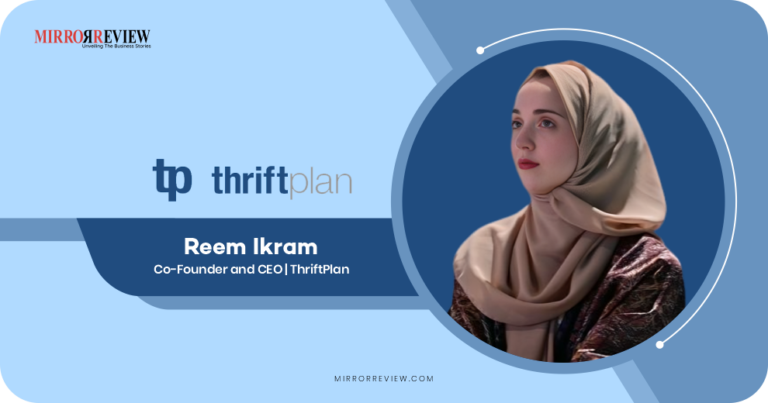Dr. James Campbell: Finding Purpose Beyond Profit
Mandisa Mndela: Finding Purpose in Pain and Guiding Others to Their Own
The 10 Revolutionary CEOs of 2025
Melissa Faith Hart: Innovating Safety, Building Trust, and Leading the Future of Digital Security
The Top 10 Outstanding Tech Leaders of 2025
Mario Saldivar: Empowering a Digital Revolution with Vision and Values
The 10 Revolutionary AI Leaders of 2025 Vol-2
Every career path tells a story. Some are linear, predictable even, while others are filled with unexpected turns that reveal deeper truths …
There’s a moment in life when you either break or breakthrough. For Mandisa Mndela, that moment came on a hospital bed, staring …
In a city where every street corner and neighborhood is under constant surveillance by cameras and sensors, safety has shifted from a …
In today’s constantly evolving digital landscape, technology has become more than just a tool; it is the foundation of modern industry. The …
The modern metropolis showcases remarkable human ingenuity, but its complex network of infrastructure, services, and regulations poses a growing challenge for urban …
Bangalore, India – a global epicenter of technology. From this dynamic base, Niraz Buhari, Group CEO of C&C Insurance Group Company, is …
-
Healthcare Excellence
Dr. James Campbell
Every career path tells a story. Some are linear, predictable even, while others are filled with unexpected turns that reveal deeper truths about who we are.

-
Business women Leaders
Mandisa Mndela
There’s a moment in life when you either break or breakthrough. For Mandisa Mndela, that moment came on a hospital bed, staring at the thin line between survival and surrender

-
Revolutionary CEOs
Melissa Faith Hart
In a city where every street corner and neighborhood is under constant surveillance by cameras and sensors, safety has shifted from a mere concern to an unassailable right that demands protection through cutting-edge technology.

Healthcare Excellence
Dr. James Campbell
Every career path tells a story. Some are linear, predictable even, while others are filled with unexpected turns that reveal deeper truths about who we are.
Business women Leaders
Mandisa Mndela
There’s a moment in life when you either break or breakthrough. For Mandisa Mndela, that moment came on a hospital bed, staring at the thin line between survival and surrender.
Revolutionary CEOs
Melissa Faith Hart
In a city where every street corner and neighborhood is under constant surveillance by cameras and sensors, safety has shifted from a mere concern to an unassailable right that demands protection through cutting-edge technology.





































